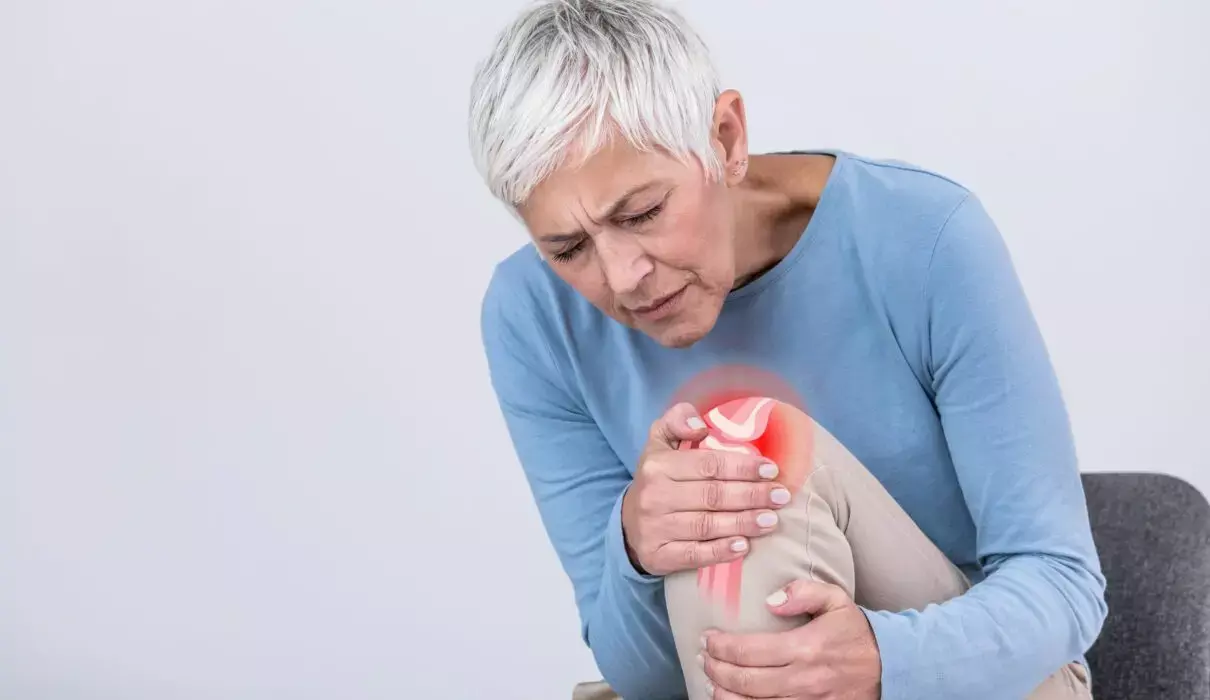- Home
- Medical news & Guidelines
- Anesthesiology
- Cardiology and CTVS
- Critical Care
- Dentistry
- Dermatology
- Diabetes and Endocrinology
- ENT
- Gastroenterology
- Medicine
- Nephrology
- Neurology
- Obstretics-Gynaecology
- Oncology
- Ophthalmology
- Orthopaedics
- Pediatrics-Neonatology
- Psychiatry
- Pulmonology
- Radiology
- Surgery
- Urology
- Laboratory Medicine
- Diet
- Nursing
- Paramedical
- Physiotherapy
- Health news
- Fact Check
- Bone Health Fact Check
- Brain Health Fact Check
- Cancer Related Fact Check
- Child Care Fact Check
- Dental and oral health fact check
- Diabetes and metabolic health fact check
- Diet and Nutrition Fact Check
- Eye and ENT Care Fact Check
- Fitness fact check
- Gut health fact check
- Heart health fact check
- Kidney health fact check
- Medical education fact check
- Men's health fact check
- Respiratory fact check
- Skin and hair care fact check
- Vaccine and Immunization fact check
- Women's health fact check
- AYUSH
- State News
- Andaman and Nicobar Islands
- Andhra Pradesh
- Arunachal Pradesh
- Assam
- Bihar
- Chandigarh
- Chattisgarh
- Dadra and Nagar Haveli
- Daman and Diu
- Delhi
- Goa
- Gujarat
- Haryana
- Himachal Pradesh
- Jammu & Kashmir
- Jharkhand
- Karnataka
- Kerala
- Ladakh
- Lakshadweep
- Madhya Pradesh
- Maharashtra
- Manipur
- Meghalaya
- Mizoram
- Nagaland
- Odisha
- Puducherry
- Punjab
- Rajasthan
- Sikkim
- Tamil Nadu
- Telangana
- Tripura
- Uttar Pradesh
- Uttrakhand
- West Bengal
- Medical Education
- Industry
Use of Vitamin K antagonist anticoagulant may increase risk of osteoarthritis: BMJ

Using Vitamin K antagonist anticoagulant is significantly tied with increased incidence and progression of osteoarthritis, suggests a study published in the Annals of the Rheumatic Diseases- BMJ
Vitamin K is hypothesised to play a role in osteoarthritis (OA) pathogenesis through effects on vitamin K-dependent bone and cartilage proteins, and therefore may represent a modifiable risk factor. A genetic variant in a vitamin K-dependent protein that is an essential inhibitor for cartilage calcification, matrix Gla protein (MGP), was associated with an increased risk for OA. Vitamin K antagonist anticoagulants (VKAs), such as warfarin and acenocoumarol, act as anticoagulants through inhibition of vitamin K-dependent blood coagulation proteins. Vitamin K antagonist anticoagulants (VKAs) likely also affect the functioning of other vitamin K-dependent proteins such as matrix Gla protein (MGP).
A group of researchers from U.S.A and Netherlands investigated the effect of acenocoumarol usage on progression and incidence of radiographic osteoarthritis (OA) in 3494 participants of the Rotterdam Study cohort. They also examined the effect of matrix Gla protein (MGP) and VKORC1 single nucleotide variants on this association.
The results of the study are as follows:
- Acenocoumarol usage was associated with an increased risk of OA incidence and progression, both for knee and hip OA.
- Among acenocoumarol users, carriers of the high VKORC1(BB) expression haplotype together with the matrix Gla protein (MGP) osteoarthritis (OA) risk allele had an increased risk of osteoarthritis (OA) incidence and progression, while this the relationship was not present in non-users of that group.
The researchers concluded that these findings support the importance of vitamin K and vitamin K-dependent proteins, as MGP, in the pathogenesis of osteoarthritis (OA). Additionally, these results may have direct implications for the clinical prevention of osteoarthritis (OA), supporting the consideration of direct oral anticoagulants in favour of Vitamin K antagonist anticoagulants (VKAs).
Reference:
Vitamin K antagonist anticoagulant usage is associated with increased incidence and progression of osteoarthritis by Boer C et. al published in the Annals of the Rheumatic Diseases- BMJ
https://ard.bmj.com/content/80/5/598
Dr. Shravani Dali has completed her BDS from Pravara institute of medical sciences, loni. Following which she extensively worked in the healthcare sector for 2+ years. She has been actively involved in writing blogs in field of health and wellness. Currently she is pursuing her Masters of public health-health administration from Tata institute of social sciences. She can be contacted at editorial@medicaldialogues.in.
Dr Kamal Kant Kohli-MBBS, DTCD- a chest specialist with more than 30 years of practice and a flair for writing clinical articles, Dr Kamal Kant Kohli joined Medical Dialogues as a Chief Editor of Medical News. Besides writing articles, as an editor, he proofreads and verifies all the medical content published on Medical Dialogues including those coming from journals, studies,medical conferences,guidelines etc. Email: drkohli@medicaldialogues.in. Contact no. 011-43720751


